My Latinx Theatre Commons (LTC) story is one of transformation.
I attended my first event in 2015 in Dallas. I’d never heard of the LTC. I didn’t know what “commons” meant. I just knew that working in East Texas as the only Latinx theatremaker in my university department was isolating. I knew that I was feeling burnt out and tired. I knew that Regina García was looking out for me when she recommended that I attend. When I arrived in Dallas, I was invited into rehearsals for Cara Mía’s Deferred Action. I saw a site-specific piece by Teatro Dallas. I ate tamales with a room of strangers who would become colleagues and friends. Attending the 2015 Latinx Theatre Commons Texas Regional Convening changed the trajectory of my work. I came home and immediately began to change the way I taught, the way I made my art, the way I navigated my career, and the way I showed up for myself and my students. This growth process continues, of course, but attending the convening in Dallas was a jump start to my system—a challenge to the way I’d learned about theatre and the ways I made theatre.
A commons-based approach places value on what makes each of us unique. Built with intention (and lots of trial and error), the Latinx Theatre Commons is a movement that evolves and changes based on how its members show up. Each time we gather, whether it is a virtual steering committee meeting, an in-person convening, or in the regions we create, there is potential. By working in an intentionally flattened hierarchy, each person who comes to the Commons brings something special with them: who they are. Whether they are the artistic director of a regional theatre, a technician, a college professor, a freelance designer, or any other role, the value of everyone’s contribution is in representing who they are, the work they care about, and the region they serve.
What happens when showing up matters most?
It took me quite a while to understand who the Commons was and how I joined. As I attended convenings over the course of three years in Dallas, New York, and Los Angeles, I heard that you are part of the Commons if you choose to be part of the Commons. Uh, okay. It’s so simple that I was confused. No membership fees. No requirements other than showing up? Uh, okay.
How do we tell stories together? How do we laugh together? How do we change? What do I need and what can I offer?
When I was in Los Angeles, I attended a session about joining the steering committee. I’d been to three convenings by then and realized what an important role the Commons had come to play in shaping the way I viewed our field and my place in it. I felt and feel deeply that the LTC has always been one of the most radical spaces in my professional life. It’s the place that has been patient enough with me to both challenge me to grow and hold me through that change. I have learned so much, worked with so many people who are incredible, and seen amazing work. We’ve been on a seven-year journey together and I can see so clearly the guiding stars the LTC has put on my path. This kind of experience happened because someone had an idea and acted on it.
Without Karen Zacarías bringing a group of Latinx theatremakers together in 2012, without the spark that brought folks together in Boston and Los Angeles and Chicago and Dallas and Seattle and Austin and Miami and Princeton and Denver and Portland, where would the American theatre be? Thousands of artists have been affected by the work and the joy and the food and the music that characterizes an LTC convening. Each convening begins with an intervention.
How do we transform the field we’ve inherited? What are the needs of the moment, and how is the LTC the right group to take on those challenges? How do we get more Latinx plays on stages in the United States? How do we honor teatros and their leaders? How do we work together in healthier and less harmful ways? How does Latinx work show up in this region? Whose voice isn’t in the room? How do we tell stories together? How do we laugh together? How do we change? What do I need and what can I offer?
Each convening begins with an intervention—a powerful vision of potential and possibility that could only be achieved by gathering folks together and working in solidarity.

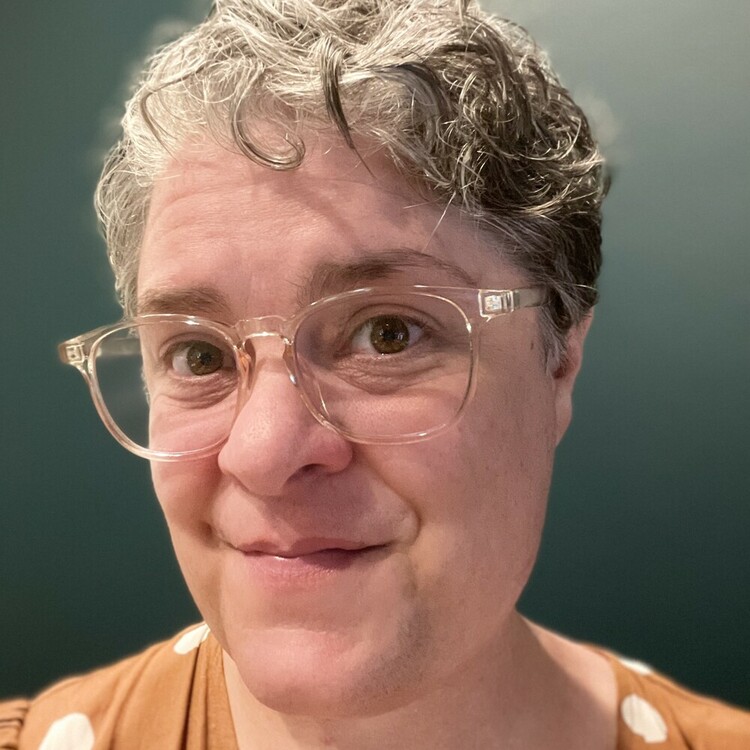
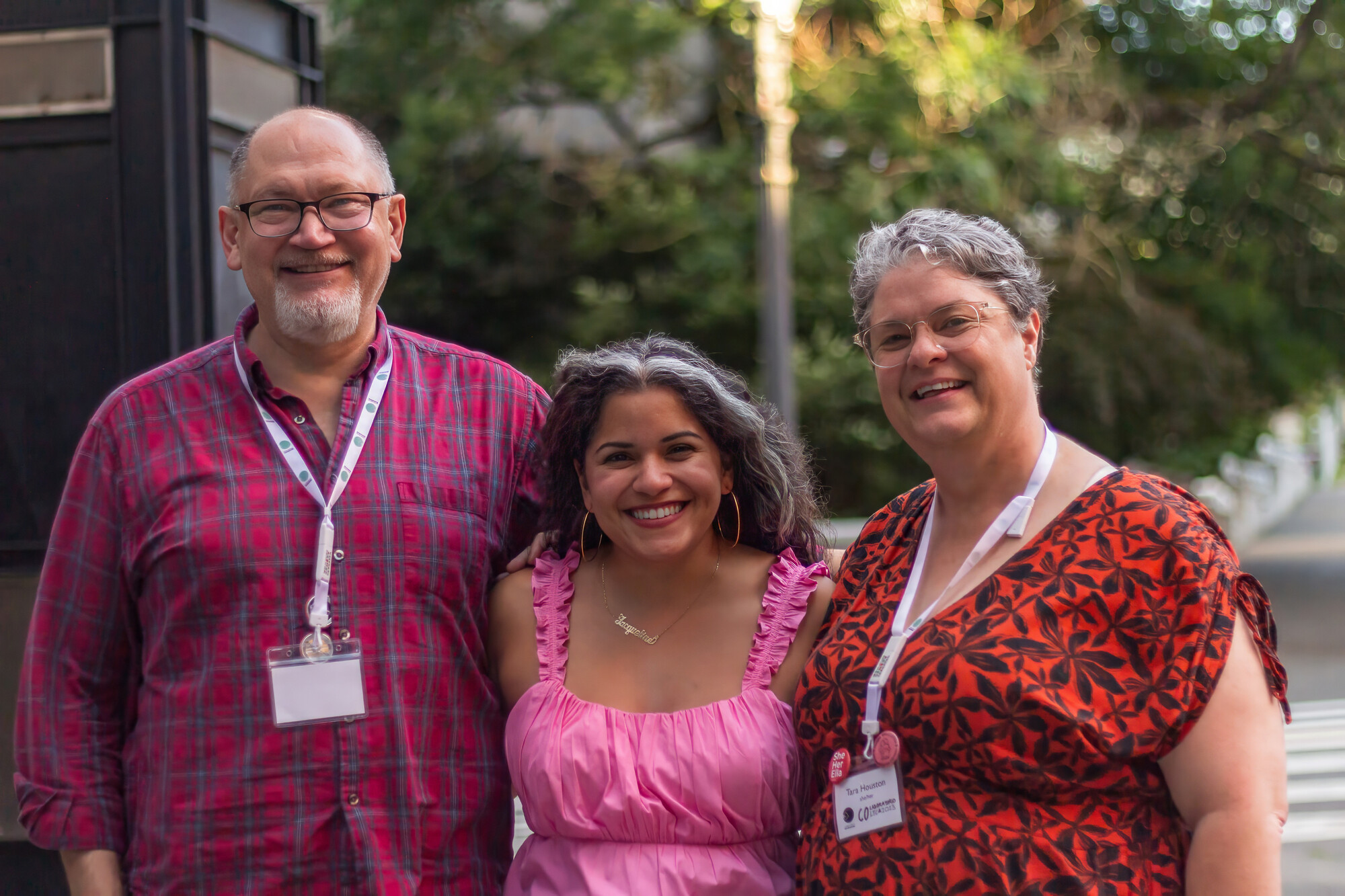
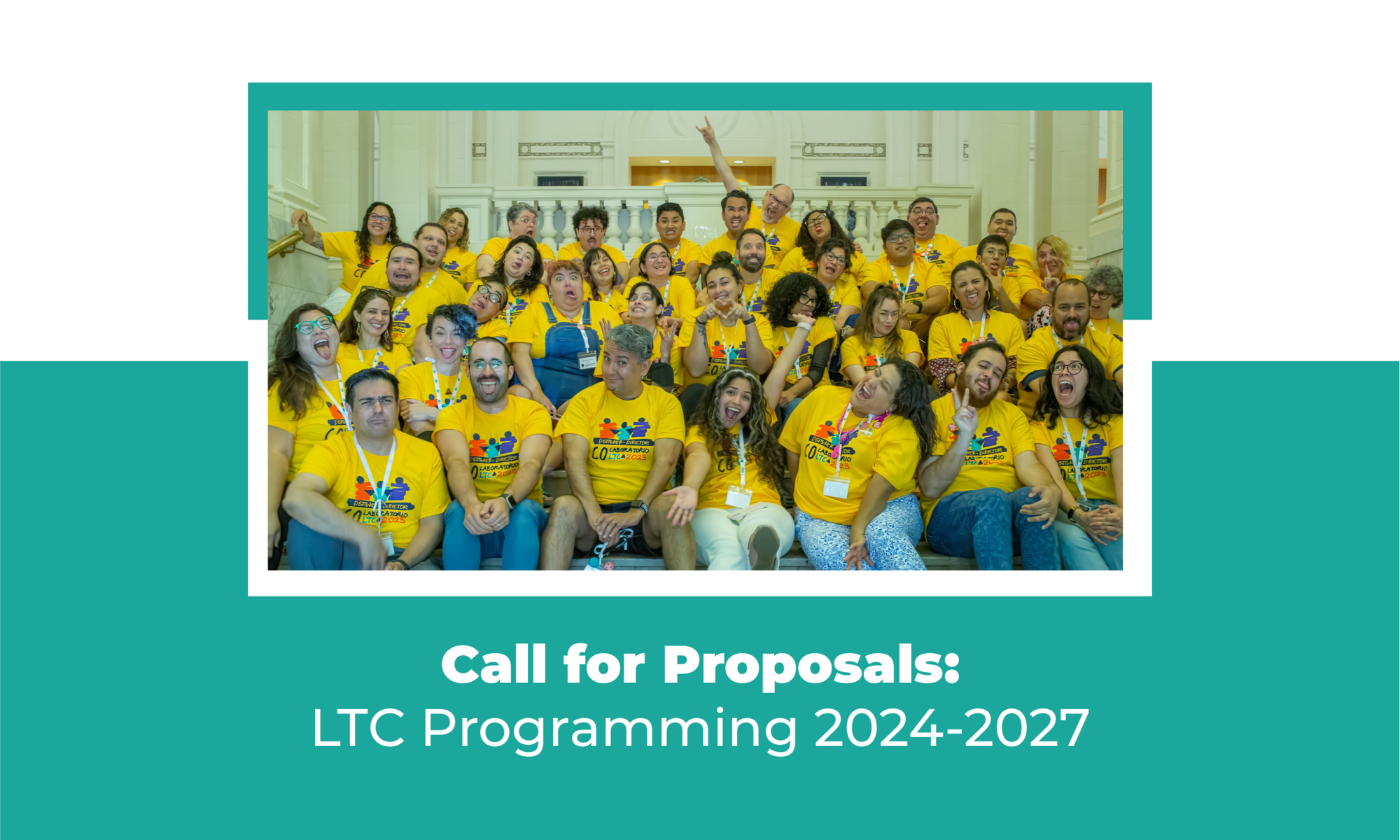
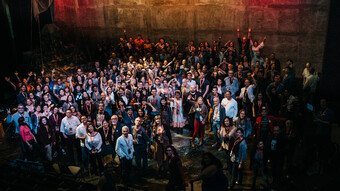

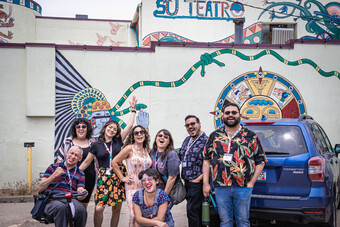

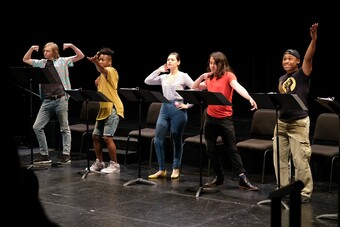

Comments
The article is just the start of the conversation—we want to know what you think about this subject, too! HowlRound is a space for knowledge-sharing, and we welcome spirited, thoughtful, and on-topic dialogue. Find our full comments policy here